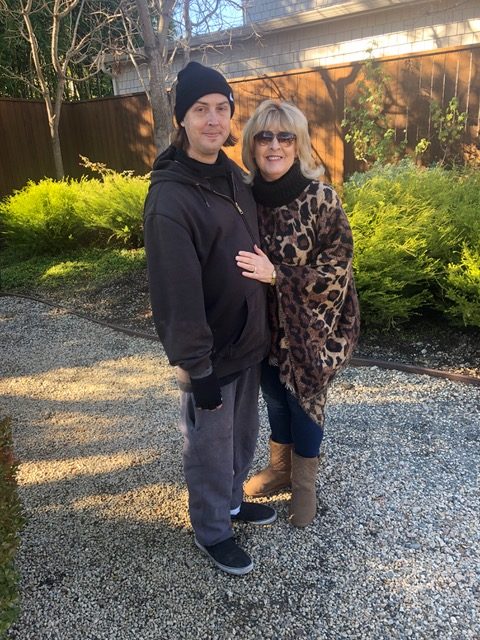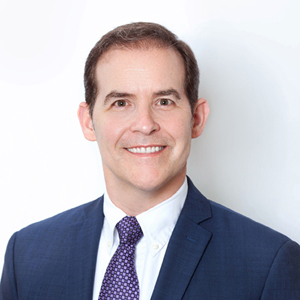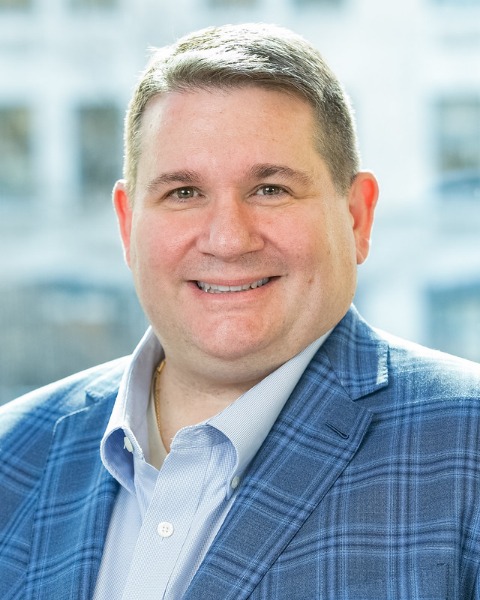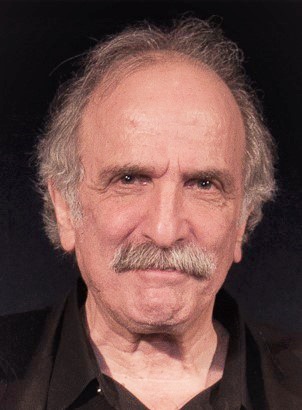
Danny and Teresa
(1-24-22) For more than 20 years, Teresa Pasquini has been fighting to get her son, Danny, the housing and treatment that he deserves. She has written extensively about the challenges that they have faced and openly about what worked and hasn’t worked in California. Recently, she and fellow advocate, Lauren Rettagliata, traveled together to inspect 22 different California housing facilities, and issued a white paper called Housing That Heals.
Crawling Through Glass in Search of Housing That Heals
By Teresa Pasquini
I am the proud mom of an adult son who lives heroically with a serious mental illness. He was diagnosed in his teens and has spent the majority of his adult life in locked psychiatric facilities. Until recently, there had been nothing civil or right about my son’s care.
The past 20 years have been a blur of suicide attempts, over 40 involuntary holds, revolving hospitalizations, homelessness and incarceration. Even though we had resources, insurance and my full-time ability to navigate a maze of services in one of the most integrated healthcare systems in our country.
It was still a nightmare.







